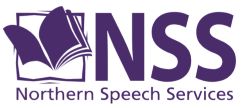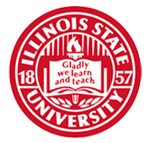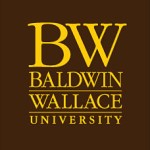Abstract
Several studies have identified a recurring trend that speech-language pathologists (S-LPs) in countries such as the United States (Caesar & Kitila, 2020), South Africa (Singh et al., 2015), and Malaysia (Kamal et al., 2012) report lower levels of confidence in dysphagia management, whether in comparison to other practice areas or in certain skill areas within the specialty of dysphagia. No data currently exists exploring self-perceptions of Canadian S-LP graduates with regards to clinical management of adults with dysphagia. Therefore, the purpose of this study was to determine the self-reported readiness of recently graduated Canadian S-LPs who manage dysphagia. Our survey was derived from a modified version of the Dysphagia Competency Verification Tool and distributed to graduates (Classes of 2018-2022) via four Canadian speech-language pathology program offices and direct emailing of graduates in select provinces. Of the 135 individuals who signed up to receive the survey, 92 eligible participants completed the survey. Median scores revealed that respondents perceived themselves to be comfortable with clinical skills related to general knowledge (i.e., educating patients), direct patient care, videofluoroscopic swallowing studies (VFSS), and basic flexible endoscopic evaluation of swallowing studies (FEES) skills. However, many graduates felt uncomfortable with select skills relating to dysphagia rehabilitation (i.e., providing a prognostic statement) and advanced FEES skills. Correlational analyses showed some associations between province of education and reported comfort levels in five of the survey items. Post-hoc comparisons were made between those who graduated pre-COVID and those who graduated post-COVID, the latter group scoring higher on select VFSS skills. Results emphasize the need for further research into S-LPs’ preparedness following graduation and highlight potential areas for further development in Canadian graduate programs.
Recommended Citation
Lee, C. A.,
Namasivayam-MacDonald, A.,
Wadhwaniya, Z.,
McLaren, J.,
&
Affoo, R. H.
(2024).
A Survey of Early-Career Speech-Language Pathologists: Determining Perceived Readiness for Clinical Management of Adults with Dysphagia After Completing Graduate School.
Teaching and Learning in Communication Sciences & Disorders, 8(3).
DOI: https://doi.org/10.61403/2689-6443.1333





